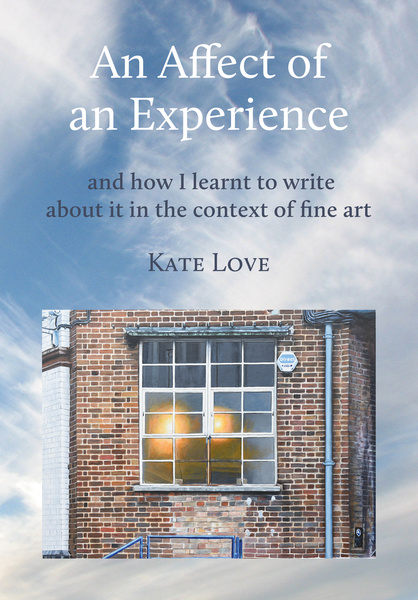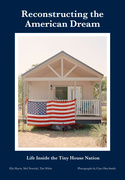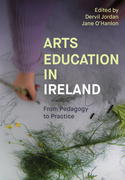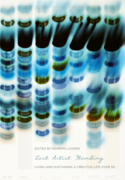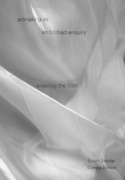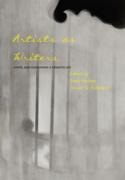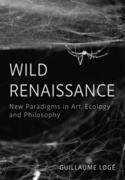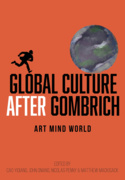An Affect of an Experience (Book)
and how I learnt to write about it in the context of Fine Art
This book examines the philosophy of experience by investigating writing about experience as a practice in fine art, like painting. It also explores ‘affect’ as a research methodology and uncovers the reasons why experience is more aligned with the notion of actuality than other modes of consciousness and thus more likely to be viewed as authentic.
Edition
Despite the contemporary trend of focusing on personal experience in art and writing, there is very little critical analysis of the concept of experience within fine art. The overarching conceptual aim of this book is to examine the concept of experience, as both content and as interpretative register in the context of fine art. It explores the reasons why experience, when compared to other modes of consciousness – such as understanding, knowing, perceiving or recognizing – is more aligned with the notion of actuality and thus more likely to be viewed as authentic. It then discusses the idea of writing about experience as a practice in fine art – the idea that writing can be understood as a practice like painting, sculpture, video, etc.– and explores a viable methodology for the art-writing practice.
The book seeks to provide a more fluid interpretation of experience. In so doing, it explores the following questions: Why does the reading of experience as self-presence predominate? What is the status and value of experience as evidence? How is experience written and seen? In exploring these questions, Kate Love creates a workable strategy for writing about experience.
Kate Love was an artist, writer and theorist whose work explored the idea of writing as a practice in relation to the philosophical examination of experience in the context of fine art. She was a senior lecturer at Central Saint Martins in London.
1 Introduction to the Materiality of Writing as a Practice
2 Introduction to the Concept of Experience
3 Problems with Experience as Self-Presence
4 An Examination of the Idea of the Subject as the Source of Experience
5 Writing to Meet the Affect of the Antagonism as Experienced in the Hospital off the City Road
6 Hovering Words: Part 1 Speaking Experience
7 Hovering Words: Part 2 Writing Experience
8 Experience and Representation
9 Experience as a Relation that is In and At the Limits of Language
10 To Test the Above: To Look at the Separation of Experience and Language
11 Beginnings of a More Adequate Interpretation of Experience: Separation of Experience and Language (Under Erasure)
12 To Get to Some Sort of Ending: Actually More Precisely the Gradual Realisation that there is No Real Beginning, Middle or End to this Research
Bibliography
Reading this remarkable book is at once wrenching and exhilarating, immersing us as it does in the tortured process of its composition and offering vicarious access to Kate Love’s courageous struggle to square circles that resist being disciplined into new shapes. Drawing on her professional career as an art historian and her personal battle with a life-threatening illness, it is a bold experiment in crossing the writing of experience with the experience of writing.
Martin Jay, University of California, Berkeley, USA
'As a reader I was informed and absorbed in equal measure. This book is a refreshing text to read as it opens up the multiple possibilities for writing in art and design academic settings, especially for academics who are pursuing practice-based, practice-led and practice-involved research.'
Mark Ingham, London College of Communication


